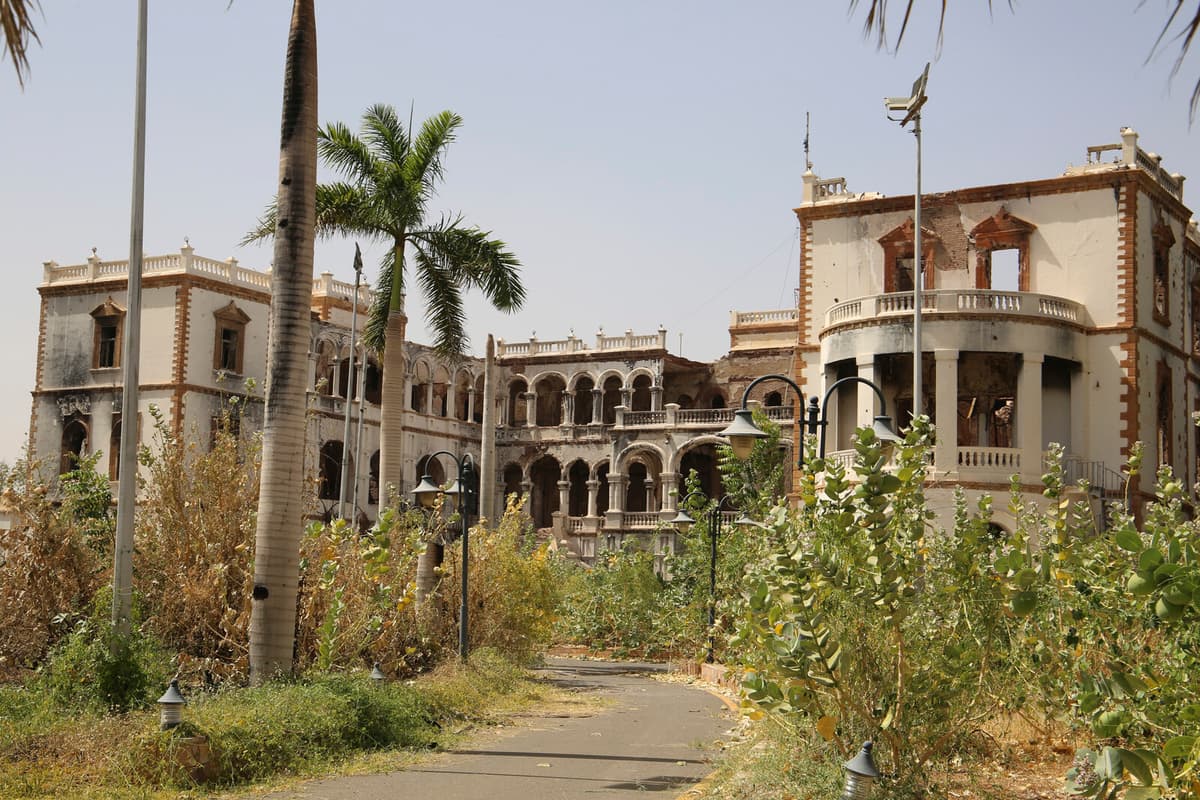At least 8,000 people are missing, estimates the International Committee of the Red Cross (ICRC).
These are just the cases we ourselves have collected, says Daniel O'Malley, head of ICRC's delegation in Sudan, to AFP.
We know that this is only a small part – the tip of an iceberg – of all cases of missing persons, he continues.
The ICRC is also strengthening the forensic expertise in the country to identify the dead and ensure proper burials.
When people are buried, they should be buried with dignity.
Two years into the war between the military and the paramilitary Rapid Support Forces (RSF), tens of thousands have been killed, widespread famine prevails, and tens of millions of people have been forced to flee.
Stephane Dujarric, spokesperson for UN Secretary-General António Guterres, fears that an escalated conflict could "deepen fragmentation". The statement comes a day after RSF declared a rebel government on the war's anniversary on Tuesday.
The formation of a parallel government would not bring Sudan closer to a solution to the conflict, which can only be achieved through a meaningful, inclusive dialogue, says Stephane Dujarric.
Advertisement
Daniel O'Malley also warns of widespread and systematic sexual violence, where the number of criminal incidents is "even higher than what we have seen in other conflicts". The UN and Amnesty International have previously accused RSF of using it as a weapon of war, something the militia has dismissed as propaganda.
The war in Sudan broke out in April 2023, when a split occurred within the country's ruling military junta. The military had seized power a couple of years earlier, after the fall of the long-time dictator Omar al-Bashir.
On one side stands General Abd al-Fattah al-Burhan, who commands the regular army. On the other side stands his former deputy Mohamed Hamdan Dagalo, also known as Hemedti, who leads the so-called RSF militia.
Tens of thousands of people have been killed in the war. More than 14 million people have been driven into flight. The country has effectively been divided: the army controls areas in the north and east, and RSF with coordinated groups controls areas in the west and south. The capital Khartum has also been divided and heavily contested.
Both parties have repeatedly been accused of war crimes.
RSF has its origins in the notorious janjawid militias, which under al-Bashir's rule were sent out to spread terror and crush the uprising in Darfur in western Sudan in the early 2000s.






